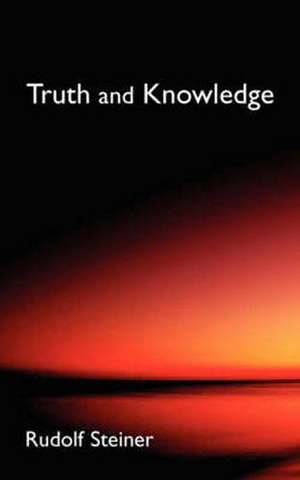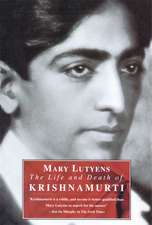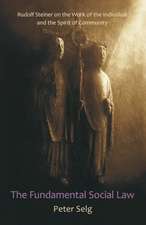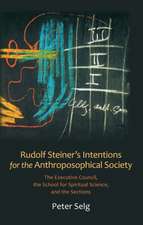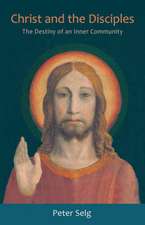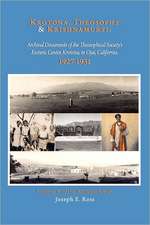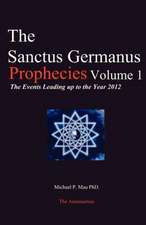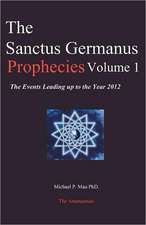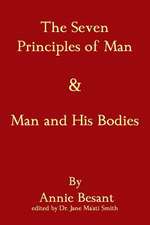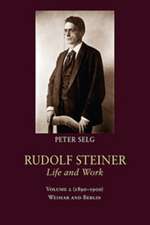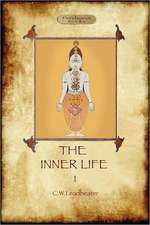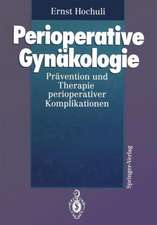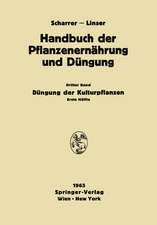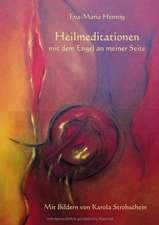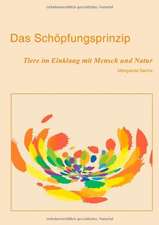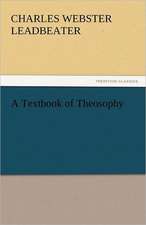Truth and Knowledge: Introduction to the Philosophy of Spiritual Activity (Cw 3)
Autor Rudolf Steiner, R. Steiner Editat de Paul M. Allenen Limba Engleză Paperback – 31 aug 1981
- Preliminary Remarks
- Kant s Basic Epistemological Question
- Epistemology since Kant
- The Starting Point of Epistemology
- Cognition and Reality
- Epistemology Free of Assumptions and Fichte s Science of Knowedge
- Epistemological Conclusion
- Practical Conclusion
Preț: 86.48 lei
Nou
Puncte Express: 130
Preț estimativ în valută:
16.55€ • 17.99$ • 13.91£
16.55€ • 17.99$ • 13.91£
Carte disponibilă
Livrare economică 31 martie-14 aprilie
Livrare express 15-21 martie pentru 28.52 lei
Preluare comenzi: 021 569.72.76
Specificații
ISBN-13: 9780893452124
ISBN-10: 0893452122
Pagini: 112
Dimensiuni: 127 x 203 x 7 mm
Greutate: 0.13 kg
Editura: Steiner Books
ISBN-10: 0893452122
Pagini: 112
Dimensiuni: 127 x 203 x 7 mm
Greutate: 0.13 kg
Editura: Steiner Books
Notă biografică
Rudolf Steiner (1861-1925) was born in the small village of Kraljevec, Austro-Hungarian Empire (now in Croatia), where he grew up. As a young man, he lived in Weimar and Berlin, where he became a well-published scientific, literary, and philosophical scholar, known especially for his work with Goethe's scientific writings. At the beginning of the twentieth century, he began to develop his early philosophical principles into an approach to systematic research into psychological and spiritual phenomena. Formally beginning his spiritual teaching career under the auspices of the Theosophical Society, Steiner came to use the term Anthroposophy (and spiritual science) for his philosophy, spiritual research, and findings. The influence of Steiner's multifaceted genius has led to innovative and holistic approaches in medicine, various therapies, philosophy, religious renewal, Waldorf education, education for special needs, threefold economics, biodynamic agriculture, Goethean science, architecture, and the arts of drama, speech, and eurythmy. In 1924, Rudolf Steiner founded the General Anthroposophical Society, which today has branches throughout the world. He died in Dornach, Switzerland.
